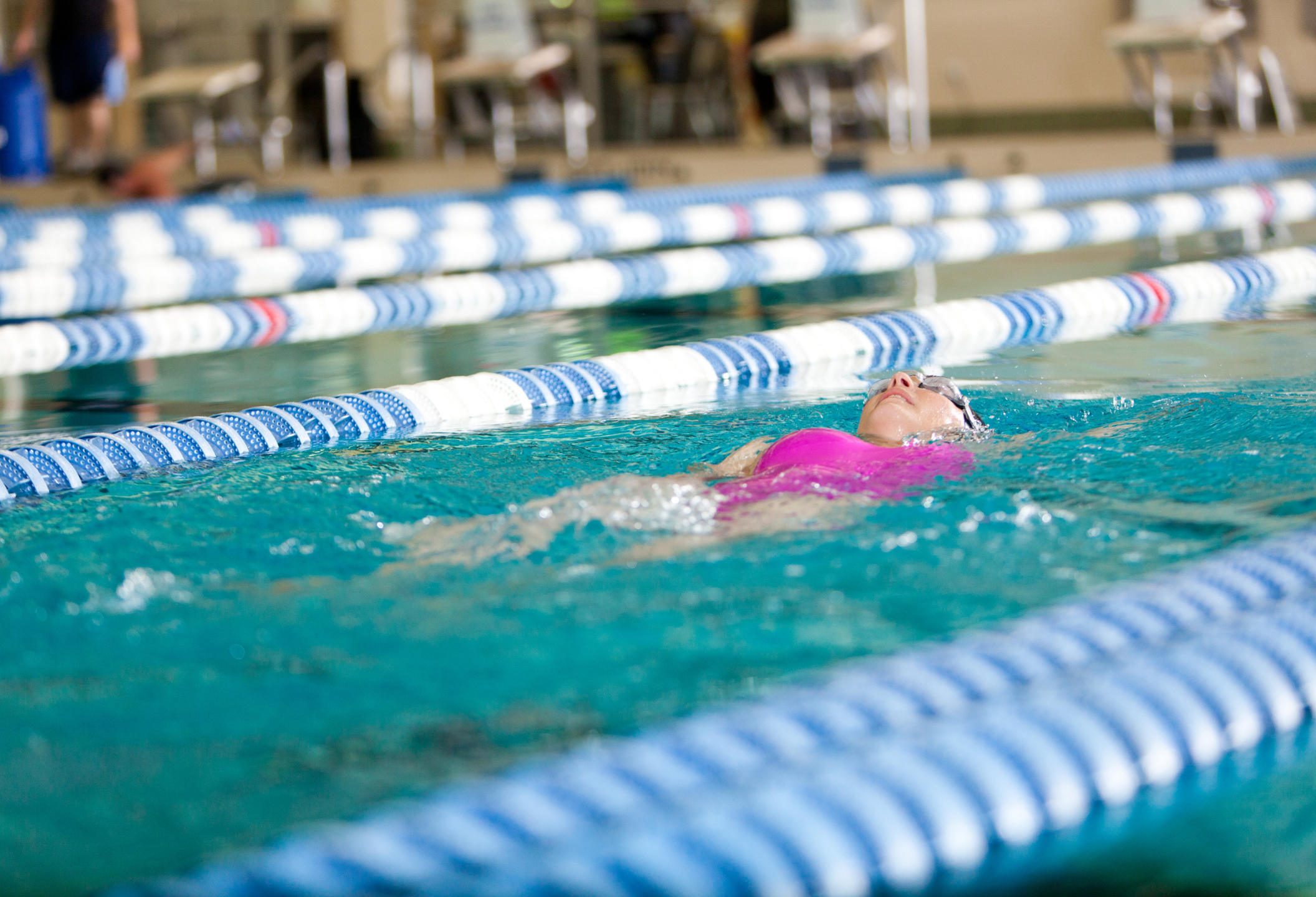Part One: 12 Fitness Steps for Life
As an Olympic champion, maintaining my physical prowess required the obvious: talent, dedication, consistency, focus, and great coaching with a strategic approach. I may no longer be training for the Olympic Games, but I continue a training regimen for life so that I can live it to the fullest. In this article, I share my 12 Fitness Steps for Life so that you can incorporate them into your own healthy living plan. You are never too old or too young to transform these 12 fitness steps into fitness GOLD.
1: Set New Goals
Just as I set goals for my Olympic journey, I still establish new fitness goals that align with my current stage in life. Whether I'm improving my strength, flexibility, endurance, or overall health, having clear objectives keeps me motivated.
2: Structured Training
My swimming career ended with the 1980 Olympic Boycott! No longer needing 5-6 hours a day of swimming or weight training, I had to develop a different strategic approach that included a well-rounded training plan not centered around the miles in the pool. I needed a mix of activities to ensure comprehensive fitness from that day forward. To this day and in different settings, I continue cardiovascular exercises, weight training, flexibility work, and balance exercises.
3: Listen to Your Body
I learned this concept years ago: pay attention to your body's signals. While pushing yourself is important, it's equally crucial to rest when needed and avoid overtraining, which can lead to injuries.
4: Coaching
Consider working with professional fitness trainers or coaches who understand your needs and can design a tailored training regimen. Coaches help you set realistic goals and provide expert guidance, but I think even more importantly a coach is someone who supports continuous improvement, day to day, month to month, and year to year.
A Planning Guide for Aging on Your Own Terms
5: Nutrition
I grew up in northern Wisconsin, my folks would line up the seven of us kids and consistently remind us “If you can’t hunt it, pick it, fish it or grow it in your backyard don’t put it in your mouth!” Eating real food that is both balanced and nutritious supports your energy levels, muscle recovery, and overall well-being. You may want to consider consulting a nutritionist to create a nutritional plan that aligns with your fitness goals.
6: Consistency
This can be a difficult one to keep but critical for fitness. Consistency requires you to stick to your training schedule and make exercise a regular part of your routine. It will keep you accountable and far more likely that it will become a great habit that will be non-negotiable as part of your daily healthy habits.
7: Recovery and Rest
This one should never be underplayed. You have to allow your body adequate time to recover. Sleep is essential for muscle repair and overall health, so prioritize getting enough quality sleep each night. It is only through sleep that we fully shut ourselves down to heal and recover from the stressors of our careers and lives. Peak performance in life requires it.
8: Mental Conditioning
Where would I be without mental conditioning? Not far at all. Mental strength is as important as physical strength. I continue to use the techniques I used as an athlete such as visualization, mindfulness, and positive self-talk to stay focused and motivated.
9: Celebrate Progress
Just as you celebrate milestones in your career journey, acknowledge and celebrate your fitness achievements. It reinforces your commitment and boosts your morale.
10: Stay Updated
I can’t stress this one enough. Keep up with the latest trends and research in fitness and in training. Science is always evolving, and so often new insights can help you refine your approach and keep you excited.
11: Have Fun
Enjoy the process of staying fit! Engage in the activities you genuinely enjoy and try new activities but don’t feel pressured to always do the latest fitness fad. Doing what I love to do has been a powerful motivator for me.
12: Be Patient
This is another hard one to internalize but it’s true: Physical changes take time. Progress may be slower than you expected but stay the course. If you are patient, persistent, and consistent you can achieve your new fitness goals.
As we age, we have a natural tendency to slow down a bit. On the flip side, younger people tend to procrastinate on their health and fitness goals. Remember, your fitness journey today is about aligning your goals and activities with your current lifestyle and needs. Always keep your short term and long-term goals in front of you. It keeps you honest, responsible, and committed. Good luck on your healthy living journey. Let me know what kind of progress you are making. Send me a message at wendy@buddyins.com. I would love to hear from you!
In the Olympic spirit,
Wendy






